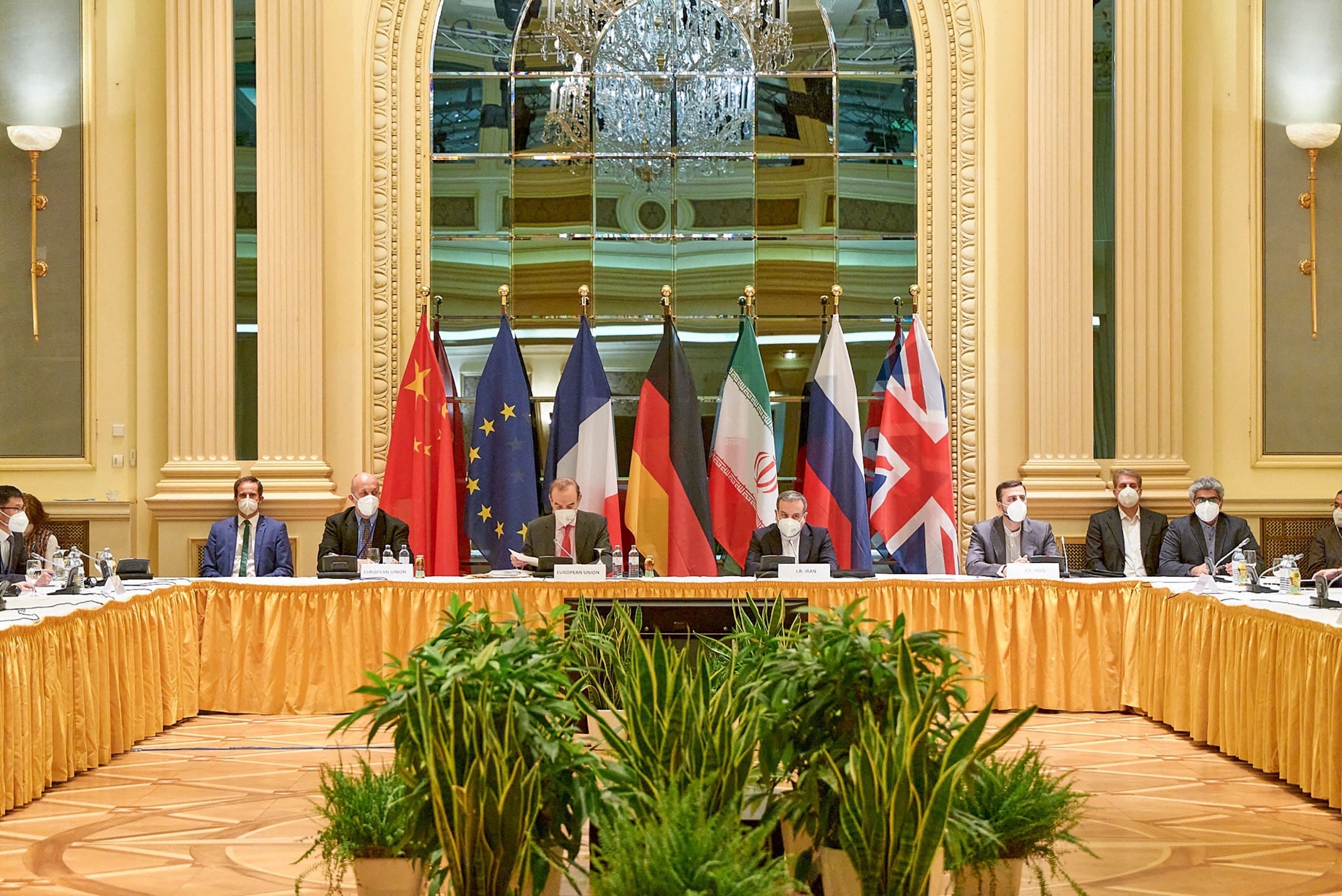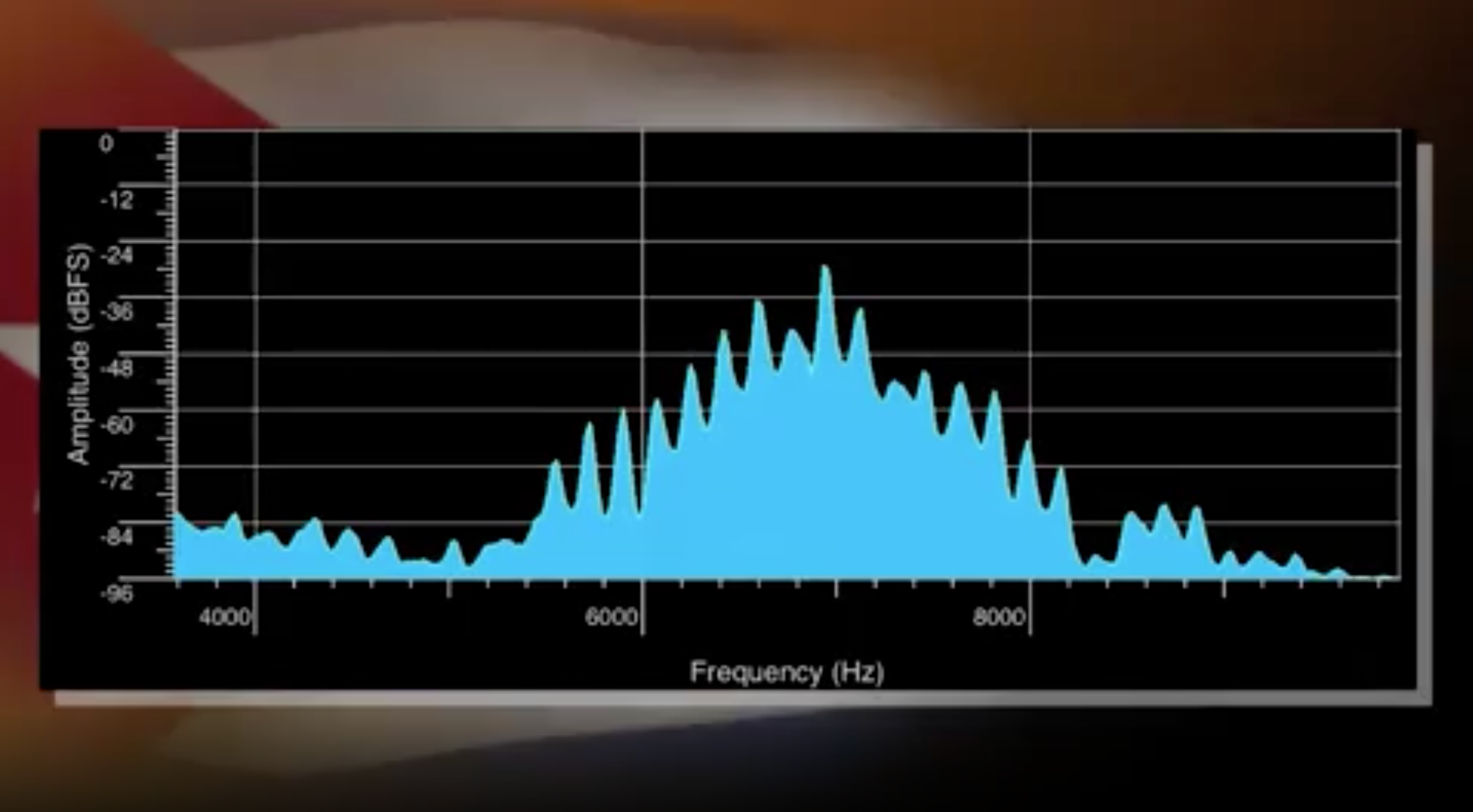Diplomats like me are becoming increasingly scared of Havana Syndrome
In instant messaging channels, fellow UN colleagues discuss the usual suspects and even joke about it. But underneath the humor is a constant, low-lying fear

Your support helps us to tell the story
From reproductive rights to climate change to Big Tech, The Independent is on the ground when the story is developing. Whether it's investigating the financials of Elon Musk's pro-Trump PAC or producing our latest documentary, 'The A Word', which shines a light on the American women fighting for reproductive rights, we know how important it is to parse out the facts from the messaging.
At such a critical moment in US history, we need reporters on the ground. Your donation allows us to keep sending journalists to speak to both sides of the story.
The Independent is trusted by Americans across the entire political spectrum. And unlike many other quality news outlets, we choose not to lock Americans out of our reporting and analysis with paywalls. We believe quality journalism should be available to everyone, paid for by those who can afford it.
Your support makes all the difference.A mysterious condition nicknamed “Havana Syndrome” has been causing consternation among America’s scientists. The syndrome — which comprises a number of symptoms, first reported by US diplomats working in the capital of Cuba in 2016 — can cause vertigo, hearing loss, headaches, nausea and a general sense of “mental fog”. And Havana Syndrome, which affected CIA agents and their families as well as everyday diplomats in Cuba, has now begun to crop up in Europe: more than 20 US diplomats in Vienna reported this year that they were suffering from symptoms. Theories for why this has happened range from covert sonic weapons being used by unfriendly governments (such as Russia) and their allies to spying devices which cause unintended effects on the people whose technology has been compromised. The fact that many people have reported their symptoms suddenly cease after they leave the building or area they were in when they developed them has given credence to such theories.
Usually, diplomats such as myself have headaches for other, much more mundane reasons. Long hours, detail-orientated work, the necessary bureaucracy that comes with working with representatives across every country in the world, and the changing nature of external relationships with your “host” country put a strain on many in the profession. Add on a lifestyle that allows and encourages excessive drinking, and you’ve got good reason for needing ibuprofen.
Yet, Havana Syndrome is clearly nothing to joke about. As incidences become more widespread and more serious, the US government is left with a conundrum: How to respond to a threat they can’t define?

Diplomats usually consider themselves a step above the fray, and the broad rules which govern and guide diplomatic relations (i.e. the Geneva Convention and diplomatic immunity) are supposed to support that. Spies and other covert operators tend to go outside the usual rules, regardless of whether they should or not. When they’re caught in the act of doing so, the response can be varied.
The use of force against diplomats in the pursuit of their work is considered a crime of the highest order and can be considered a legitimate act of war. It is madness to harm, injure or otherwise impede a diplomat in their work, considering that they are usually operating in the country with a view to improving relations and tamping down the possibility of future conflict. That last point is exactly why Havana Syndrome is so frightening.
Of course, attacks on diplomatic missions and foreign embassies have always happened (Benghazi and the British Embassy in Tehran as two recent examples.) But this seemingly covert and consistent effort to undermine what diplomats are doing is new and presents a worrying precedent.
One of the adornments of the visitors’ lobby at the United Nations building in New York City is the torn remnants of the UN’s flag which was aloft at the Canal Hotel in Baghdad. After the bomb ripped through the hotel — taking the life of one of our foremost diplomats, Sérgio Vieira de Mello, as well as 26 other lives and injuring countless more — the flag was still hoisted up and those who were left continued the work of peace. While they were battered, bloody and bruised, they still continued, because if not us, who?
Irrespective of the risks, almost all diplomats are incredibly proud to represent their country. We may not be Olympians, but every day we represent the colors of our nations, in a foreign land and for a salary and benefits package that are significantly less attractive than the majority would believe. Anyone who thinks we’re doing this for the money or the prestige is sadly mistaken — bit 75 years without a world war isn’t half bad.
Using microwaves or sonar devices to target diplomats — as is suspected — is a low blow and strikes at the heart of our ability to come to joint resolutions for the benefit of the globe. The dual challenges of the Covid-19 pandemic and accelerating climate change should make it obvious that now more than ever, we need diplomats to grease the wheels of communication between disparate countries.
In instant messaging channels, fellow UN colleagues discuss the usual suspects for Havana Syndrome. The chatter is suffused with dark humor: one colleague drew a bear using a microwave to buzz Goldilocks until he got the temperature “just right”. Alas, he is a better analyst than he is as a caricaturist.
Underlying the humor, however, is a constant,low-lying fear: Why are we no longer being left to do our work without a target on our back?
Emin Pasha is the pseudonym of a diplomat living and working with the United Nations in New York City
Join our commenting forum
Join thought-provoking conversations, follow other Independent readers and see their replies
Comments